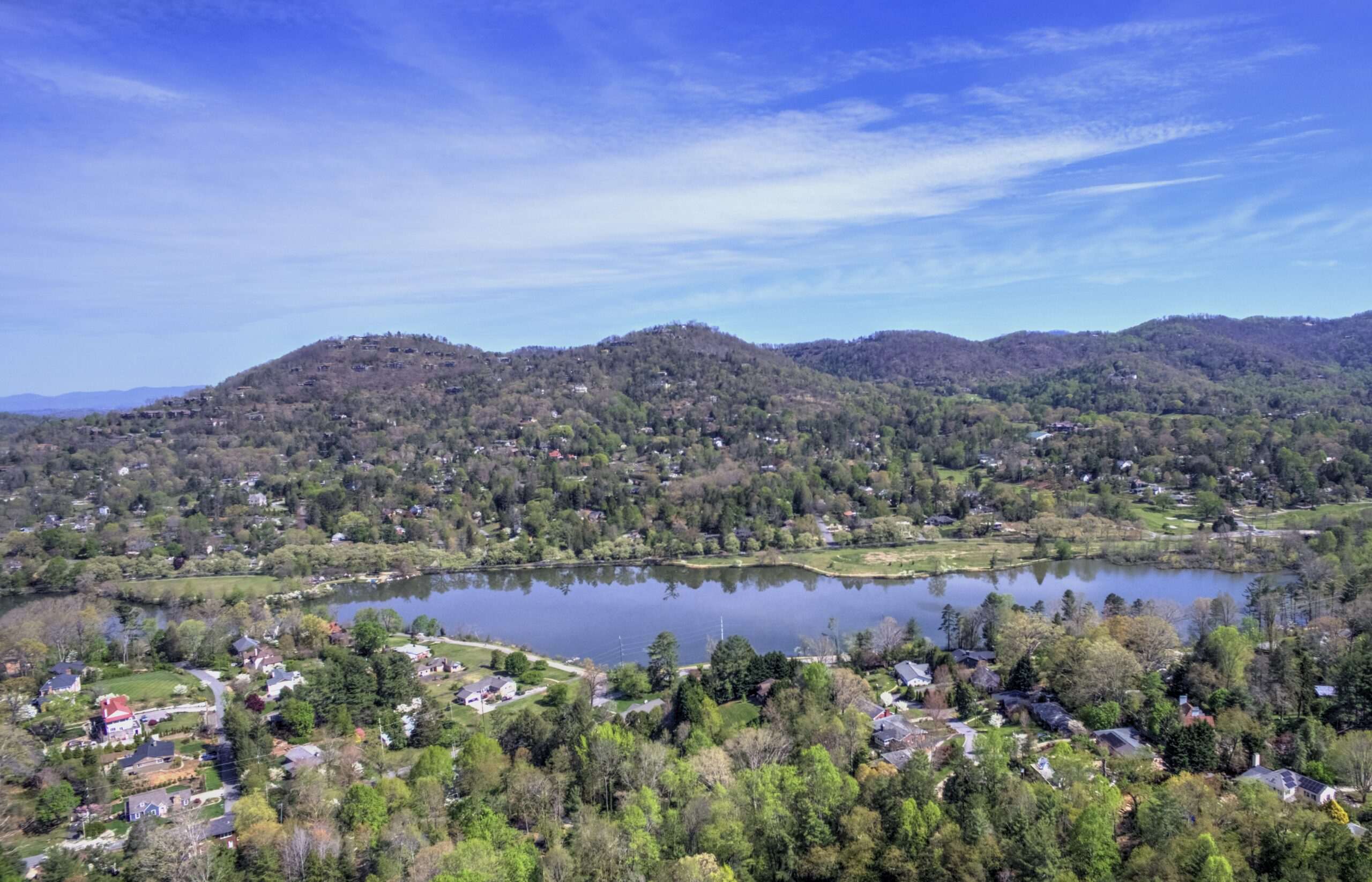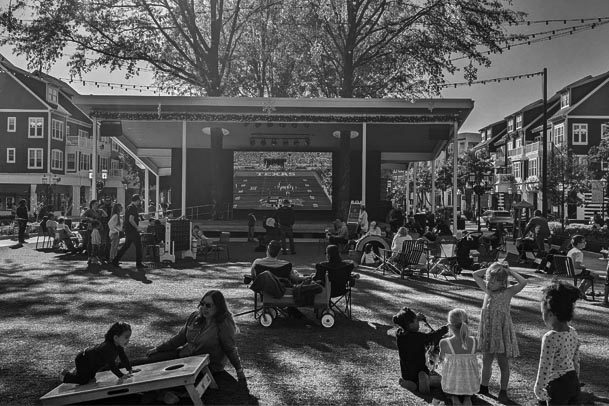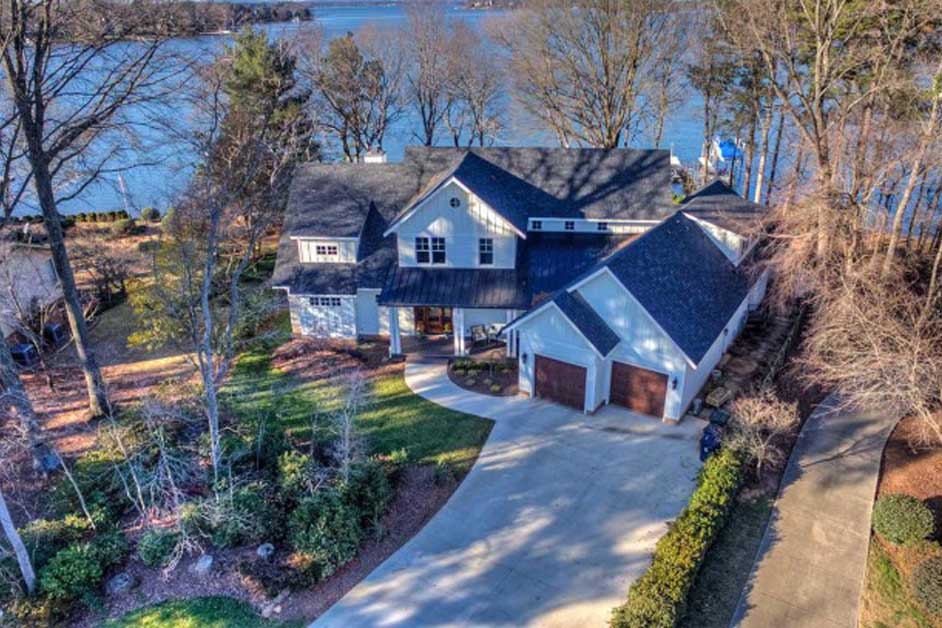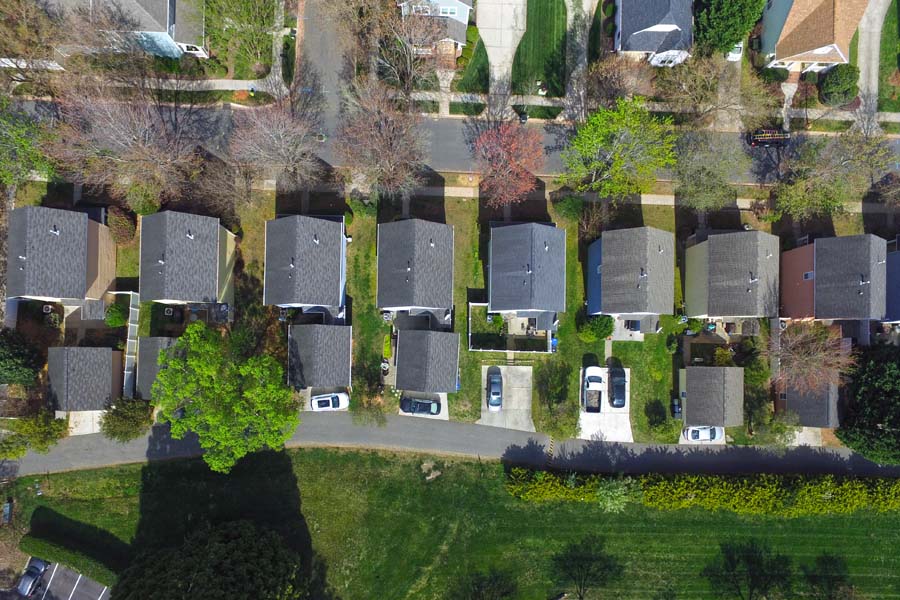
Welcome! If you’ve ever dreamt of waking up to misty mountain views, exploring a vibrant arts scene, or sipping craft beer in a city brimming with character, Asheville, North Carolina has likely crossed your mind. Nestled in the Blue Ridge Mountains, Asheville isn’t just a top tourist destination; it’s a place many aspire to call home. But what does it really take to plant roots here? Today, we’re taking a deep dive into the dynamic world of Asheville, NC real estate. Whether you’re considering a move, looking to invest, or simply curious about the market in this unique mountain city, you’re in the right place.
Why the Buzz About Asheville?
Before we talk about houses and prices, let’s touch on why Asheville captures so many hearts. It’s a city that dances to its own rhythm.
- Natural Beauty: Surrounded by the stunning Blue Ridge Mountains, outdoor adventures are literally at your doorstep – hiking, biking, kayaking, scenic drives on the Parkway.
- Arts & Culture: From the bustling River Arts District with its hundreds of studios to the independent boutiques and live music venues downtown, creativity is Asheville’s lifeblood.
- Food & Drink: Asheville consistently ranks as a top “foodie” city, boasting innovative restaurants, farm-to-table dining, and, of course, more breweries per capita than almost anywhere else in the US.
- Wellness & Vibe: There’s a palpable energy here – a blend of Appalachian tradition, bohemian spirit, and progressive thinking, often centered around wellness and holistic living.
This unique combination draws people from all walks of life, fueling consistent demand in the Asheville housing market.
Taking the Pulse: Current Asheville Real Estate Market Trends (As of Early 2025)
Alright, let’s get down to brass tacks. The Asheville real estate scene has been characterized by strong demand for years. While national trends might see fluctuations, Asheville often maintains a distinct local dynamic.
- Market Pace: Historically, Asheville has often favored sellers due to high demand and relatively limited inventory, especially for desirable single-family homes. However, market conditions can shift. As of early 2025, it’s crucial to check the latest data. Is inventory increasing slightly? Are homes staying on the market a bit longer than the peak frenzy years? Generally, well-priced homes in good locations still move quickly, but understanding the current ‘days on market’ average is key. Ask your local agent if it currently feels more like a balanced, buyer’s, or seller’s market.
- Home Prices: Asheville is not the budget mountain and prices vary depending on the square footage, style, location, age of the home and other considerations.
- Inventory Challenges: Finding the perfect home can still be challenging. New construction helps, but the demand for existing homes within established neighborhoods remains high. Be prepared for competition, especially in popular price brackets and locations.
Navigating Asheville’s Diverse Neighborhoods
Asheville isn’t monolithic; its neighborhoods offer vastly different lifestyles and housing options.
- Downtown Asheville: Think condos and loft living, ideal for those wanting walkability to restaurants, shops, and entertainment. Prices reflect the prime location and urban convenience.
- North Asheville: Known for its established neighborhoods like Grove Park (with historic, luxury homes) and areas with charming bungalows and ranch-style homes. It offers a mix of stately and more accessible options, often with mature trees and a slightly quieter feel than downtown.
- South Asheville: This area has seen significant growth, offering many newer subdivisions, shopping centers, and good school districts. You’ll find a range of single-family homes, townhouses, and apartments. It’s popular for its convenience and amenities.
- West Asheville: Hip and eclectic, West Asheville (especially the Haywood Road corridor) is known for its independent shops, unique restaurants, and vibrant, often funky, atmosphere. Housing includes charming bungalows, renovated older homes, and some newer builds. It remains highly sought-after.
- East Asheville: Offers a mix of older neighborhoods and newer developments, often providing slightly easier access to the Blue Ridge Parkway and mountain recreation. Tunnel Road provides major commercial access.
- River Arts District (RAD): While primarily known for artist studios, residential options (lofts, apartments, some single-family homes on the periphery) are emerging, appealing to those wanting to be immersed in the creative scene.
- Outside City Limits: Don’t forget surrounding towns like Weaverville, Black Mountain, Hendersonville, or Fletcher. These offer different price points, varying levels of mountain seclusion, and their own unique community feels, while still being within reasonable driving distance of Asheville.
The Buying Journey: Tips for Success in the Asheville Market
Buying a home here requires preparation. Here are some helpful for buying a home for sale in Asheville, NC:
- Get Pre-Approved Early: Know your budget definitively. In a potentially competitive market, a strong pre-approval letter is essential.
- Find a Local Expert: Work with a real estate agent who knows Asheville inside and out. They understand neighborhood nuances, market trends, and potential property-specific issues (like steep slopes, well/septic systems in more rural spots).
- Be Prepared to Act: If you find a home you love, especially in a prime location or price point, be ready to make a competitive offer quickly.
- Think Beyond the Listing: Consider potential renovation costs, especially with older homes. Factor in commutes and lifestyle needs when choosing a neighborhood.
- Inspections are Crucial: Standard home inspections are a must. For mountain properties, consider additional checks like slope stability assessments, radon tests (common in the region), and thorough well/septic inspections if applicable.
Investment Potential in Asheville Real Estate
Asheville’s popularity makes it an attractive spot for real estate investment.
-
- Long-Term Rentals: Demand for rental housing is consistently strong, driven by tourism/hospitality workers, students (UNCA), and those moving to the area before buying.
- Short-Term Rentals (Vacation Rentals): Asheville has been a hot market for Airbnb and similar platforms. However, regulations are crucial to understand. The City of Asheville has specific rules regarding short-term rentals (often called Homestays), particularly concerning non-owner-occupied properties within city limits. Buncombe County may have different rules. Always verify current regulations before purchasing a property for short-term rental use.
Cost of Living: Putting Housing Costs in Context
While Asheville home prices might seem high, how does the overall cost of living stack up?
- Overall: Asheville’s cost of living is generally reported as being very close to the US national average. It’s slightly higher than the North Carolina state average.
- Housing: Despite elevated home prices, overall housing costs (including rent) are often cited as being slightly lower than the national average. The average rent typically falls between $1,500 – $1,750 per month.
- Other Factors: Utilities tend to be slightly higher than the national average, while groceries and transportation are often slightly lower. Healthcare costs, however, are notably higher in Asheville compared to the US average.
- The takeaway: While not a “cheap” place to live, especially concerning housing purchase prices and healthcare, Asheville’s overall cost profile isn’t drastically out of line with the national average. Living wage estimates suggest a single adult needs to earn around $23 per hour to live comfortably.
Future Outlook: What’s Next for Asheville Real Estate?
Predicting the future is always tricky, but several factors suggest continued strength in the Asheville market:
- Sustained Desirability: The lifestyle factors drawing people to Asheville aren’t going away.
- Economic Development: Continued growth in tourism, healthcare, and craft industries supports the local economy.
- Market Balancing: The shift away from an extreme seller’s market could lead to more sustainable growth.
- Interest Rate Impact: Future rate fluctuations will continue to influence affordability and market activity.
- Spring Market: Activity is typically busiest in spring and summer, and early 2025 signs point towards an active season.
Expect Asheville real estate to remain dynamic, balancing its inherent appeal with broader economic trends.
From the vibrant streets of Downtown to the serene mountain views from North Asheville, the Asheville NC real estate market offers a diverse range of opportunities and challenges. As we’ve seen, 2025 presents a more balanced landscape – a potential buyer’s market offering more choice and negotiation power, yet still underpinned by the city’s undeniable magnetism.
Whether you’re dreaming of a historic bungalow in Montford, a modern condo downtown, or a family home in South Asheville, understanding these market dynamics is your first step.
If you’re serious about buying, selling, or investing here, the best advice is to experience Asheville for yourself. Explore the neighborhoods, talk to locals, and connect with a knowledgeable Asheville real estate professional who can guide you through the specifics of this unique market.
Thanks for joining this deep dive into Asheville real estate. May your mountain dreams find their perfect address.
Full Advanced Search
Editor's Pick
What Our Customers Say
“I went under contract on my home, one hour after he listed the property.”
"Brent Dillon is the reason that the process of selling of my home and buying a new home in Florida went flawlessly. Brent was there every step of the way, guiding me and making me [...]












